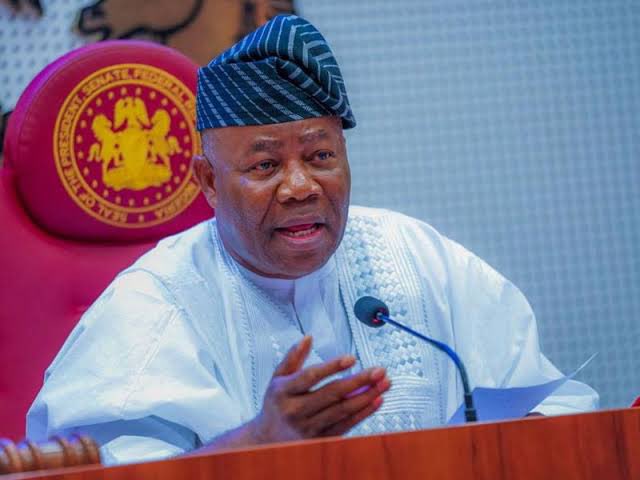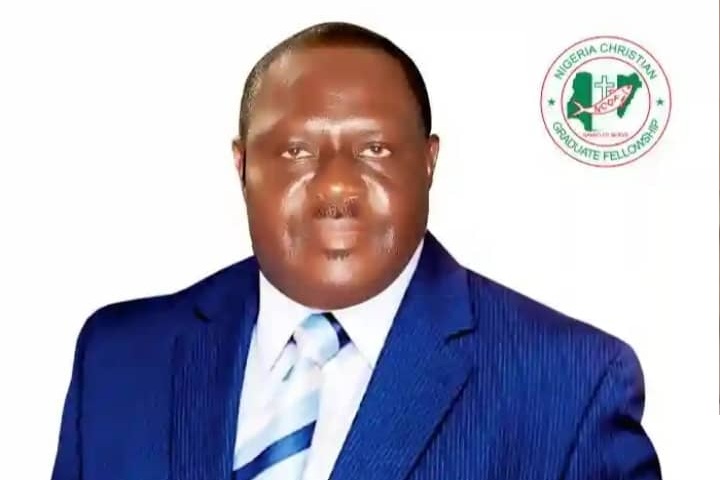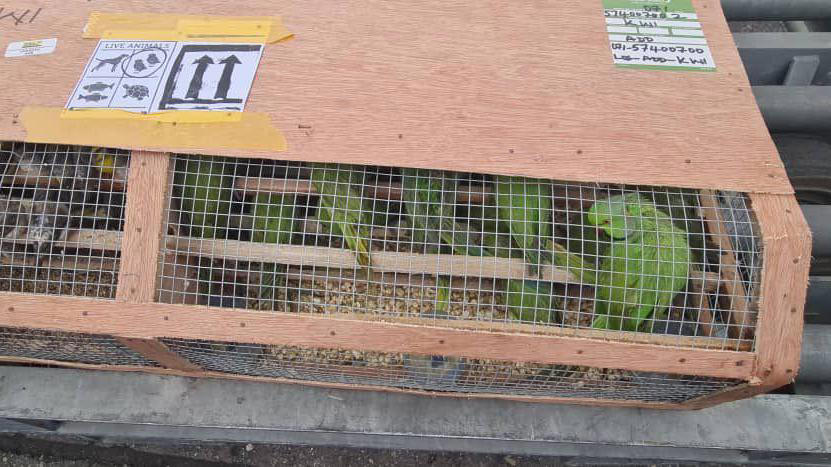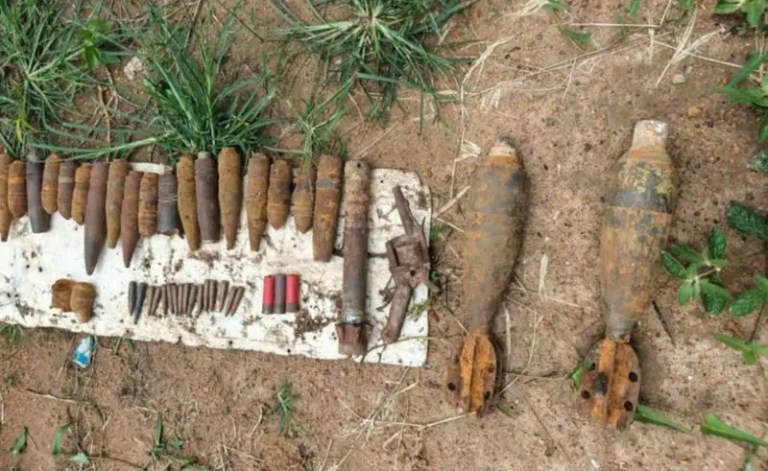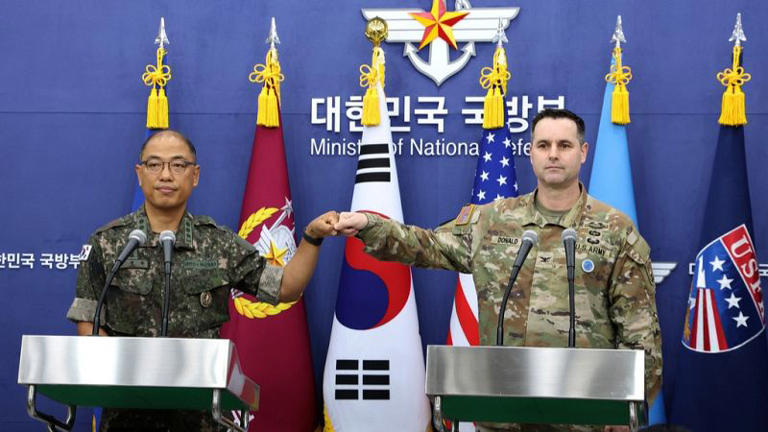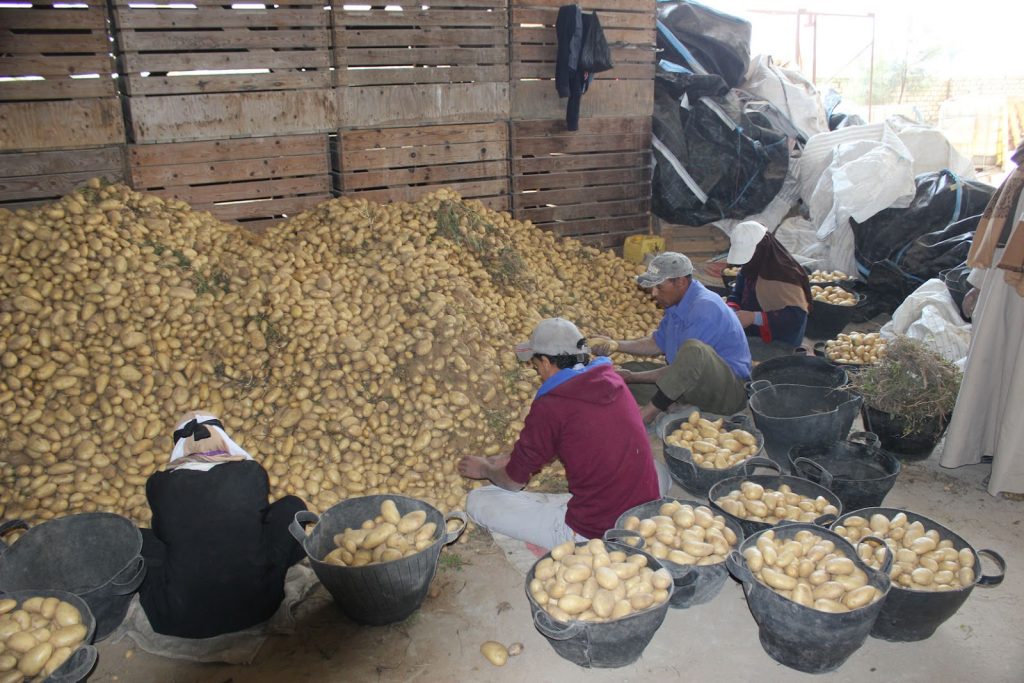Analysis
Countdown to Trump’s Ultimatum: Will it Escalate or Prolong the Conflict?
By Shola Adebowale

US President Donald Trump’s recent ultimatum to Russian President Vladimir Putin, giving him 10 to 12 days to end the war in Ukraine, has sparked intense debate and concern. Trump’s warning comes with threats of severe economic consequences, including tariffs and sanctions, should Russia fails to comply.
Prior to taking office, Trump confidently claimed he could resolve the Ukraine conflict in just 24 hours.However, reality dawned on him as he faced resistance from Putin. Trump’s initial optimism was rooted in his business acumen, believing that economic incentives could persuade Putin to negotiate. Yet, Putin’s priorities lie elsewhere, driven by historical, strategic, and security concerns.
But Russian President Vladimir Putin has consistently emphasized several key points that he considers non-negotiable in the ongoing conflict with Ukraine. These points are crucial to understanding Russia’s strategic objectives and potential areas of compromise in any future negotiations.
One of Putin’s primary concerns is ensuring Ukraine’s neutrality, particularly in terms of its military alliances. Russia strongly opposes Ukraine’s potential membership in NATO, viewing it as a direct threat to Russian security. By keeping Ukraine out of NATO, Russia aims to limit Ukraine’s ability to form military alliances that could challenge Russian influence in the region. This stance reflects Russia’s broader strategic goal of preventing the expansion of Western military presence near its borders.
Another critical aspect of Putin’s non-negotiables is maintaining control over the territories Russia has annexed or claims in Ukraine. This includes Crimea, which Russia annexed in 2014, and parts of eastern Ukraine that have been occupied by Russian-backed separatists. Russia’s insistence on controlling these territories is driven by both strategic and ideological reasons. Crimea is vital for Russia’s naval presence in the Black Sea, while the eastern regions are seen as integral to Russia’s sphere of influence.
Putin also seeks international recognition of Russia’s sovereignty over the annexed territories. This recognition would legitimize Russia’s actions in Ukraine and provide a legal basis for its control over these regions. However, this demand is likely to face significant resistance from Ukraine and its Western allies, who view Russia’s annexation of Ukrainian territory as illegal and illegitimate. The lack of international recognition for Russia’s claims over these territories remains a major point of contention in the conflict.
These non-negotiables pose significant challenges for any potential negotiations between Russia and Ukraine or its Western allies. Ukraine’s sovereignty and territorial integrity are fundamental principles for Kyiv, and any concessions on these points could be politically untenable. Meanwhile, Russia’s demands for Ukraine’s neutrality and control over annexed territories reflect deep-seated security concerns and ideological commitments that are unlikely to be easily compromised. The ongoing conflict highlights the complexity of finding a resolution that meets the interests of both sides while ensuring stability and security in the region .
Despite Donald Trump’s peace offer, Vladimir Putin rejected it due to several key factors that align with Russia’s current strategic objectives and ideological stance.
One of the primary reasons Putin rejected Trump’s peace offer is Russia’s perceived momentum on the battlefield. Putin believes that Russia is gaining ground in Ukraine, and with its military advancements, he sees no compelling reason to compromise on key demands. This confidence stems from Russia’s ability to adapt its military strategy, mobilize resources effectively, and exploit weaknesses in Ukraine’s defenses. By continuing the offensive, Putin aims to achieve further territorial gains and strengthen Russia’s negotiating position in any future talks. This approach reflects a calculated gamble that Russia can secure more favorable outcomes through military pressure rather than diplomatic concessions.
Another factor contributing to Putin’s decision is the economic benefits Russia has derived from the war. Despite international sanctions, Russia’s wartime economy has seen significant boosts, driven by increased military production, government contracts, and shifts in domestic economic priorities. The war has also provided financial benefits to Russian families through various forms of government support and employment opportunities in the defense sector. These economic advantages have helped offset the impact of sanctions and reduced the pressure on Russia to seek a negotiated settlement. Putin likely views these economic benefits as a critical component of Russia’s resilience and long-term strategic advantage.
Global analysts continue to assert that ,Putin’s rejection of Trump’s offer is also rooted in his broader imperial ambitions and views on Ukrainian statehood. While, many emphasize that Putin has long been critical of Ukraine’s independence and sovereignty, often framing it as an artificial construct or part of Russia’s historical sphere of influence. That he views Ukrainian statehood as an existential threat to Russia’s own identity and security, believing that a strong, independent Ukraine undermines Russia’s claims to regional dominance. As such, Putin’s ultimate goal may be to extinguish Ukrainian statehood altogether, either through direct annexation or by establishing a puppet regime. This ideological perspective makes it difficult for Putin to consider compromises that would preserve Ukraine’s sovereignty and territorial integrity.
The combination of Russia’s military momentum, economic benefits from the war, and Putin’s imperial ambitions has led to the rejection of Trump’s peace offer. Without significant shifts in these dynamics, finding a diplomatic resolution to the conflict will remain challenging .
No iota of doubts that the ongoing conflict between Russia and Ukraine has far-reaching consequences that affect not only the region but also the global economy and security landscape.
The conflict has significantly impacted the global economy, leading to increased energy prices, inflation, and supply chain disruptions. As a major exporter of natural gas and oil, Russia’s actions have disrupted global energy markets, causing prices to surge. This, in turn, has contributed to inflationary pressures worldwide, affecting countries that rely heavily on imports. Furthermore, the conflict has led to supply chain disruptions, particularly in industries that rely on Ukrainian and Russian exports, such as agriculture and manufacturing. The resulting shortages and price increases have had a ripple effect on the global economy .
The conflict has also raised significant security concerns, both regionally and globally. The further destabilization of the region poses a threat to neighboring countries, and the potential involvement of NATO could escalate tensions between Russia and Western countries. The long-term security implications for Europe are substantial, with the conflict challenging the continent’s stability and security architecture. Moreover, the conflict has led to a significant humanitarian crisis, with millions displaced and in need of urgent aid. The security concerns are not limited to the region, as the conflict has also strained global relations, leading to increased tensions between major powers.
The key security concerns surrounding the conflict include regional destabilization, potential NATO involvement, long-term security implications, and a humanitarian crisis. Regional destabilization is a significant concern, as the conflict has led to instability in the region, posing a threat to neighboring countries. The potential involvement of NATO could escalate tensions between Russia and Western countries, leading to a wider conflict. The long-term security implications for Europe are also substantial, with the conflict challenging the continent’s stability and security architecture. Furthermore, the humanitarian crisis resulting from the conflict has led to millions being displaced and in need of urgent aid, adding to the security concerns.
Overall, the consequences and implications of the Russia-Ukraine conflict are far-reaching and multifaceted, affecting both the global economy and security landscape. A peaceful resolution to the conflict is crucial to mitigating these effects and restoring stability to the region .
The international community’s response to the conflict between Russia and Ukraine has been varied, reflecting differing perspectives on how to address the situation effectively.
Ukraine has welcomed Donald Trump’s stance on the conflict, seeking stronger support against Russian aggression. Ukrainian officials believe that a firm approach from the United States and other Western allies is crucial in deterring further Russian advances. By supporting Ukraine’s sovereignty and territorial integrity, Trump’s approach is seen as a potential deterrent to Russia’s aggressive actions. Ukraine’s government has been vocal about the need for robust international support to counter Russian influence and protect its territory. This support is not only seen as a matter of national security but also as essential for maintaining Ukraine’s independence and sovereignty in the face of ongoing Russian aggression.
However, the European Union has expressed reservations about the tone and nature of Trump’s ultimatum. While the EU supports efforts to resolve the conflict, it prefers a more nuanced and diplomatic approach. European leaders believe that a peaceful resolution can only be achieved through dialogue and negotiation, taking into account the complex historical and cultural dynamics of the region. The EU’s approach emphasizes the importance of respecting international law and human rights, and it advocates for a solution that balances the interests of all parties involved while upholding the principles of sovereignty and territorial integrity.
Meanwhile, NATO’s position on the conflict underscores the importance of respecting Ukraine’s sovereignty and territorial integrity in any potential settlement. NATO views the conflict as a significant threat to regional and global security, and it supports Ukraine’s right to self-defense and sovereignty. The alliance emphasizes that any diplomatic or military solution must prioritize Ukraine’s independence and territorial boundaries, as recognized by international law. NATO’s stance reflects its commitment to maintaining stability and security in Europe and its support for countries facing external aggression or threats to their sovereignty. By advocating for Ukraine’s sovereignty, NATO aims to prevent further Russian expansionism and ensure a stable and secure environment in the region .
As the situation unfolds, one thing is clear: the path forward will be shaped by Putin’s actions and the international community’s response. Will Trump’s ultimatum lead to a negotiated settlement, or will it escalate the conflict further? The world watches with bated breath.
For Diaspora Digital Media Updates click on Whatsapp, or Telegram. For eyewitness accounts/ reports/ articles, write to: citizenreports@diasporadigitalmedia.com. Follow us on X (Fomerly Twitter) or Facebook



